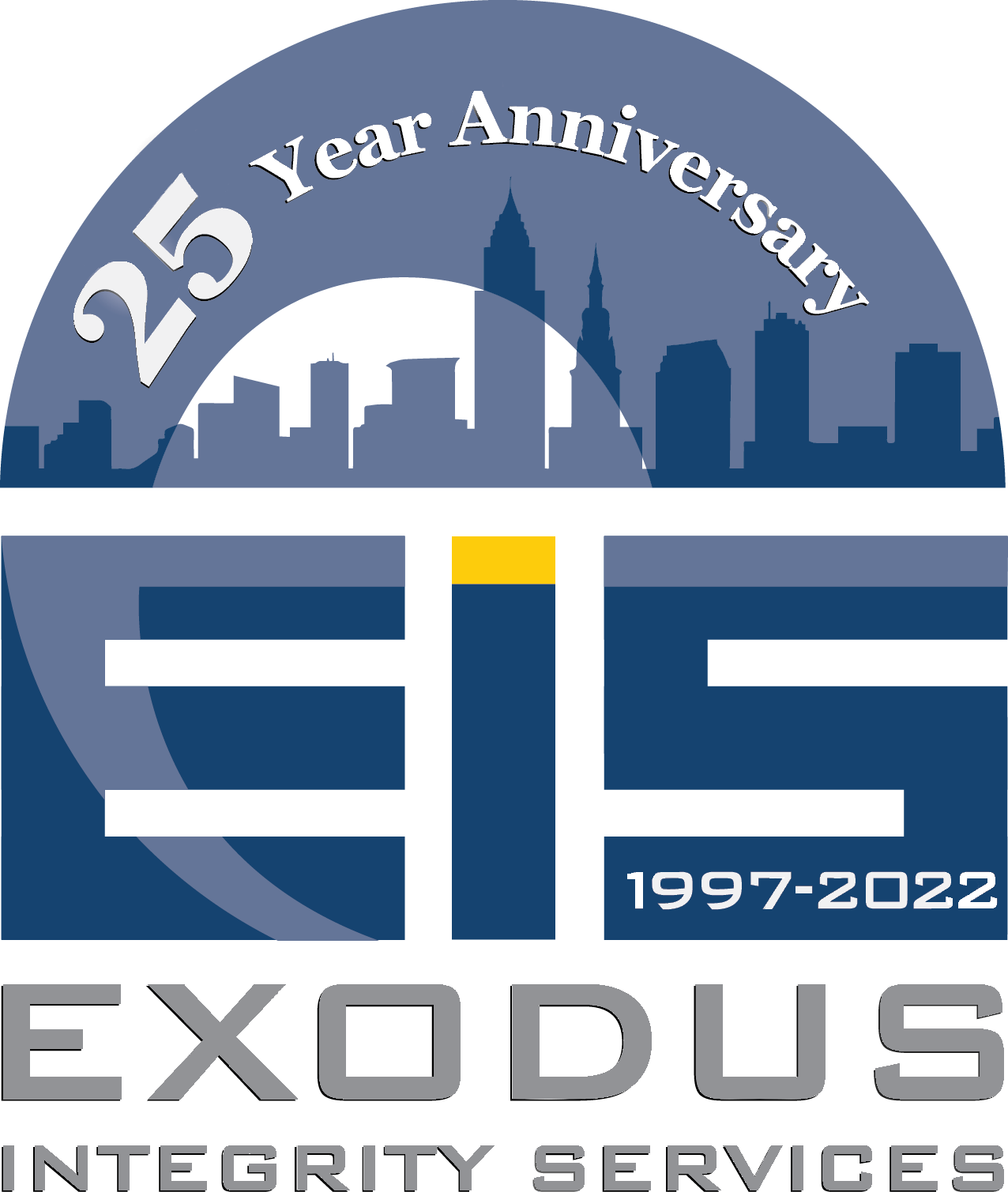In the healthcare and Life Sciences industry, application development, integration, and maintenance have evolved and changed dramatically. Successful healthcare organizations are changing their application landscape to gain competitive advantages, integrating with the evolving application landscape within a cloud, and reducing the cost of operations. EIS can supply talented resources such as:
Web Application Developers on .NET and Java platforms
PeopleSoft and Lawson Developers for Payroll, CRM, SCM, and HR applications
Developers for design, build, and launch of mobile healthcare applications
Cloud software implementation and customization specialists
Service Portal and E-Commerce Portal implementer
REFERENCE - LARGE NORTHEASTERN OHIO HOSPITAL
EIS’s account management team provided multiple technical resources for hospital including:
Multiple .NET resources developing a Medicaid and Medicare reimbursement system
Portal developers involved with the development of a physician portal
An Epic Mumps/Cache developer
REFERENCE - NORTHEASTERN OHIO PEDIATRIC HOSPITAL
EIS completed a Sharepoint project:
- As part of its technological modernization program, the hospital decided to replace the existing Lotus Notes Collaboration software with Microsoft Office SharePoint Server 2007 (MOSS). The first phase of the migration to MOSS was the creation of a Collaboration Template or Model to replace the existing Lotus Teamroom.
- An important part of the phase one migration was training of the hospital’s existing Lotus Notes developers in the intricacies of MOSS.
- In support of the hospital’s MOSS migration phase one, EIS provided an experienced SharePoint Technical Manager. The primary responsibility of the EIS Manager was to direct and mentor the hospital’s developers. The actual development of the required SharePoint modules was completed by hospital staff developers, which insured they were equipped to handle the future migration tasks that will be required to phase out Lotus Notes.
- Since all the skills required by the migration was not used in phase one, EIS l provided a series of training sessions. These training sessions provided hospital developers with the additional MOSS development skills they would need in subsequent migration projects.

